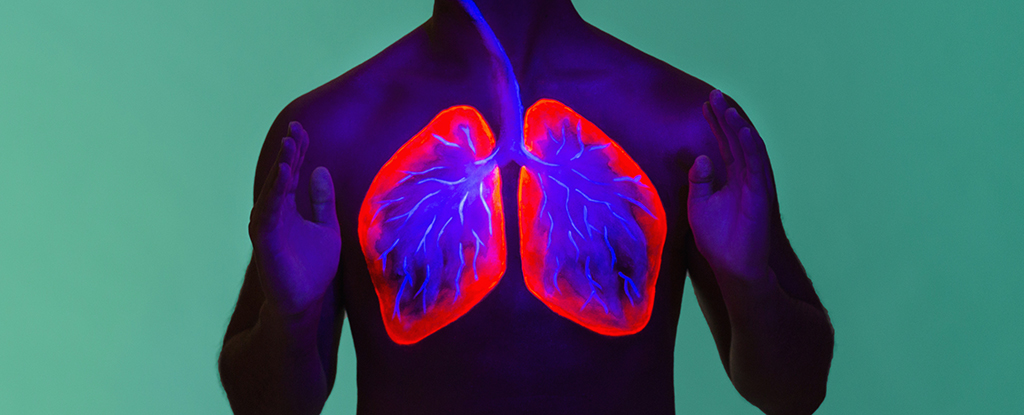A recent study published in Nature Metabolism has uncovered a surprising connection between diet and lung cancer risk. Researchers from the University of Florida and the University of Kentucky found that elevated levels of glycogen—a molecule that stores glucose—were present in human tissue samples of lung adenocarcinoma, the most common form of lung cancer. In mouse models, a high-fat, high-carbohydrate diet led to increased glycogen accumulation in lung tissue, which in turn accelerated tumor growth. Conversely, reducing glycogen levels in the lungs was associated with slower tumor progression. This suggests that diets rich in fats and sugars may create an environment conducive to lung cancer development .
The researchers employed spatial metabolomics, a technique that allows for the detailed mapping of small molecules within tissue samples, to observe these changes. Their findings challenge the traditional view that lung cancer is primarily linked to smoking and environmental factors, highlighting diet as a potential contributor. While further research is necessary to confirm these results in humans, the study’s lead author, molecular biologist Ramon Sun, emphasizes the importance of public awareness and policy-driven strategies to promote healthier dietary choices as a means of disease prevention. This research underscores the significant role that diet may play in lung cancer risk and the need for broader public health initiatives to address dietary habits Click for More Details







